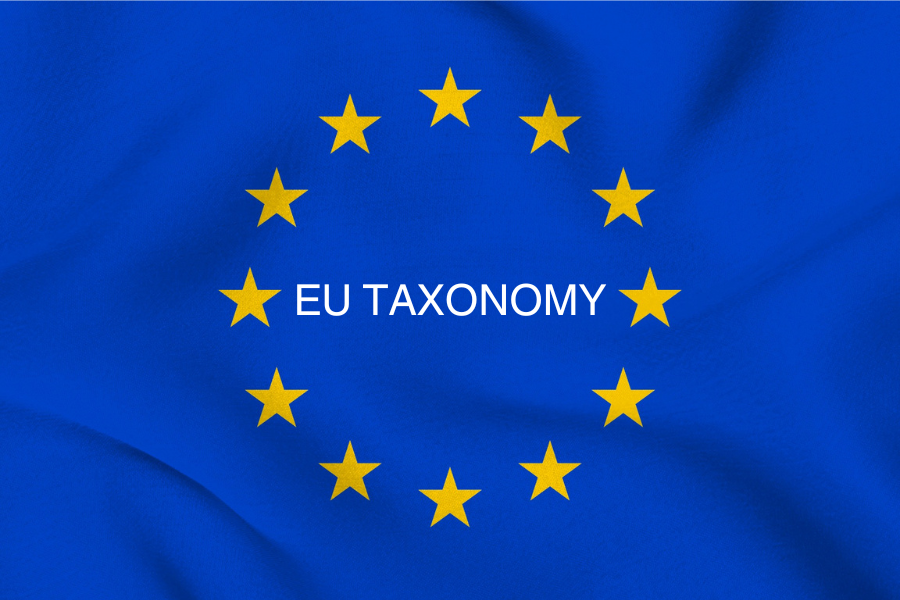The conversation extended to the EU Taxonomy’s impact on both SMEs and large corporations, underscoring the importance of compliance and strategic alignment.
The EU Taxonomy is a classification system that aims to define environmentally sustainable economic activities within the European Union. It provides a common language for investors, businesses, and policymakers to identify and communicate investments that contribute to environmental objectives, such as climate change mitigation and adaptation.
For both SMEs and large corporations, the EU Taxonomy has significant implications:
- Compliance Requirements: Companies operating within the EU or doing business with EU-based entities must adhere to the EU Taxonomy’s standards and reporting requirements. Compliance ensures that businesses accurately disclose the environmental sustainability of their activities, products, and investments.
- Access to Capital: Adhering to the EU Taxonomy can enhance access to capital for businesses seeking funding or investment. Investors increasingly prioritize environmentally sustainable projects and companies, and compliance with the Taxonomy’s criteria can make businesses more attractive investment opportunities.
- Market Differentiation: Aligning with the EU Taxonomy allows companies to differentiate themselves in the marketplace by demonstrating their commitment to environmental sustainability. This can enhance brand reputation, attract environmentally conscious customers, and create a competitive advantage.
- Risk Management: Non-compliance with the EU Taxonomy poses risks to businesses, including reputational damage, regulatory penalties, and reduced access to capital. By aligning with the Taxonomy’s criteria, companies can mitigate these risks and enhance their resilience to evolving regulatory and market demands.
- Strategic Alignment: The EU Taxonomy encourages companies to align their business strategies with environmental sustainability goals, such as carbon neutrality and resource efficiency. This alignment can drive innovation, operational efficiency, and long-term value creation.

